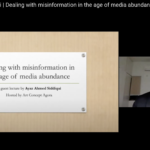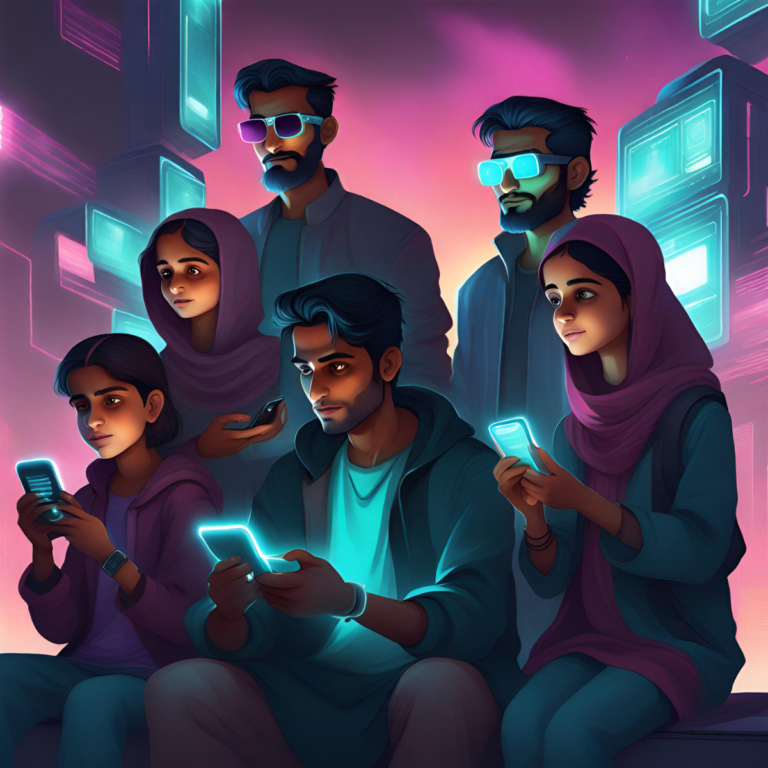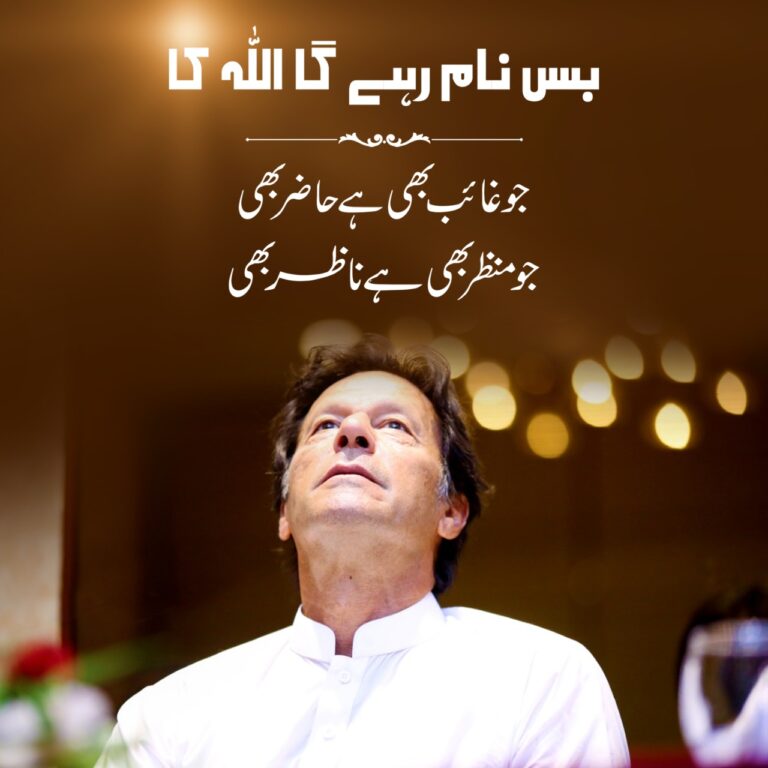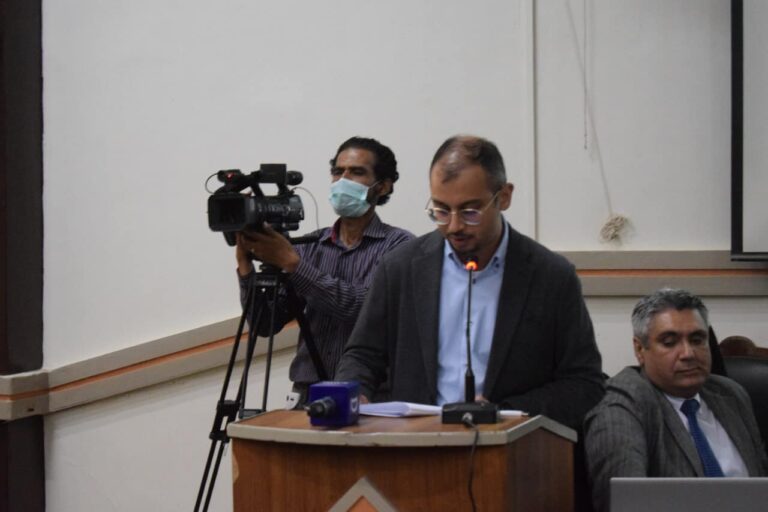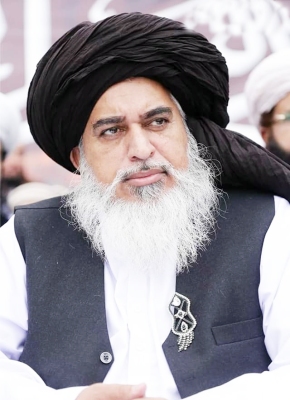
A religiously fuelled violent protest that brought the nation to a standstill has subsided. For now.
Once again ordinary Pakistanis are left scratching their heads.
We understand something rotten has happened. However, the symbols of ‘Islamic oppression’ and religion inspired vocabulary used by the protesters appealed to our emotions in ways that confounded who or what is to be blamed.
The Prime Minister deserves credit for speaking out against the protesters threatening the writ of the state. The prohibition on news channel to provide coverage was another commendable response to fear traders hell bent on pushing divisive voices into the mainstream. The response of the government shows that while intentions were sincere, it lacks the capacity to deal with this menace. It needs our support.
The menace of hate speech is a growing problem the world over. It is slowly corroding democratic life in both industrialised and emerging countries; be it through the activities of the Islamophobia network in countering a perceived threat from Shariah in a secular America; the uproar over ‘killing of cows’ created by the Sang Parivar in a Hindu India; or, the threat from minorities in a Muslim majority Pakistan.
Hate speech can be defined as the vilification of a group’s identity in order to oppress its members and deny them equal rights.
But here is where the similarity between Pakistan and other countries (irrespective of economic status) ends. A poor understanding of civic life and humanism (Haqooq Ul Ibad), lack of public etiquettes and persistence of tribal values, has meant that Pakistanis are particularly vulnerable to the kind of politics that social scientists refer as the ‘dark side’ of democracy.
It is imperative that Pakistanis of all income, ‘nationalities’, class, education and sect understand that hate speech is a cancer. Similar to the cancer of corruption, if left unchecked, it eats away the social contract between the state and the citizens by extorting unfair advantage in public life for select groups.
Worse still, if not eradicated, it has the macabre potential to dehumanize entire segments of population. Recently, the world watched in horror at the genocide of Rohingya Muslims. What the state (and public opinion) did to the Rohingya in Myanmar could one day happen to minorities in Pakistan. And it won’t stop there. Right now, our ‘fight’ is against Christians and Ahmedis, soon it will be between Sunnis and Shias (oh I forgot, it is already there), between various Sunni sects, between various ethnicities.
In addition, there is now ample evidence to suggest a causality between hateful propaganda in the name of identity, and genocide. Researchon the genocide of the Tutsi sect in Rwanda in 1994 found that radio was a critical tool used by the Hutu led majority government. For days, local stations fanned the flames of hate urging the Hutu’s to “weed out the cockroaches”, meaning kill the Tutsis. In 100 days, some 800,000 Rwandans were slaughtered by ethnic Hutu extremists, BBC reports.
We might mistakenly assume that such a catastrophe is only possible in a poverty riddled weak African state. But let’s not forget the holocaust during World War II keeping aside for a moment our traditional animosity with the Jews. The rich and powerful Nazi war machine used hateful propaganda to justify the genocide of not only Jews, but also minorities, the disabled and political opponents it deemed inferior to an Aryan race.
Hate Speech and threat to democracy
Mounting research on social movements has shown that violent protests in the name of religion appear to address a profound moral wrong. But observe closely and we find skilled middleman – politicians, elites, etc. – managing these protests, often using genuine emotions of the people, for their own short-term gains. In his recent book Hate Spin: The Manufacture of Religious Offense and its Threat to Democracy, Professor of Journalism Cherian George explains this using case studies of the Islamophobia network in the United States, the Sang Parivar in India and the Islamic public sphere in Indonesia.
Critical for this understanding is to accept as a fact that hate speech is a crime. There should be no alternative opinion on this. Same as the fact that the sun rises from the east and sets in the west.
George urges us to observe political actors that benefit through fear mongering instead of wasting our efforts dissecting the psychology of protesters out on the streets. The real hate traders in Pakistan are not those stealing bananas or smashing cars but resourceful rational actors skilled at harnessing hate to achieve their political ends.
The illegal actions of those like Khadim Hussain Rizvi and Mumtaz Qadri, have a foothold in our society partly because many Pakistanis, irrespective of income and education, either believe in their cleverly crafted messages uncritically or prefer to stay silent out of sheer confusion.
The gravity of this challenge shouldn’t be underestimated for a nation born partly out of religious fervor. If our religious leaders stoke the flames of hate, we are also partly to blame. The crisis of morality is in our DNA. However, while the abstract question of Pakistani ideology is too complex to resolve yet, it’s easier to wrap our heads around the menace posed by hate speech.
What is required to counter hate speech in Pakistan?
Consensus about this issue has finally emerged in the shape of the National Action Plan but recent events highlight the tremendous collective effort that is required. Civic education from the grassroot all the way to the top is imperative. Measuring progress through number of erected schools though commendable on its own, is not enough. Civic education is a special kind of literacy that is desperately lacking in private, state and madrassah school systems across the board.
Also read: 5 ways to counter hate speech in the media through ethics and self-regulation
To this list I’d also add our everyday conversations with friends, family, neighbors and staff that cater our homes and businesses. We must encourage conversations on humanism at a personal level to chip away the audience for hate mongers.
It is critical for us to understand hate speech not only as a crime but also as a menace that prevents us from co-existing with mutual respect and harmony in practice.






